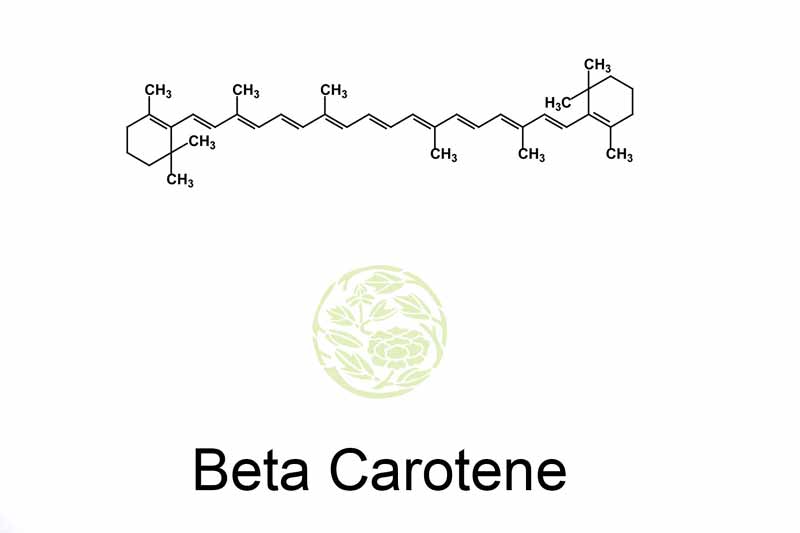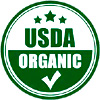Quick Facts
Botanical Name: Beta Carotene
Family Name: Carotenes
Common Name: A-Beta-Carotene, A-B ta-Carot ne, Beta Carotene, B ta-Carot ne, B ta-Carot ne Tout Trans, Beta-Caroteno, Carotenes, Carot nes, Carotenoids, Carot no des, Carot no des M lang s, Mixed Carotenoids, Provitamin A, Provitamine A.
Uses
Beta-carotene is a carotenoid, one of the groups of plant pigments having antioxidant properties and many other effects. These are found in plants and it quickly convert into vitamin A inside the body. It is high source for vitamin A and is a key for good vision, strong immunity and general health. People who consume a lot of vegetables and fruits which are high in beta-carotene have a lower risk of some cancers and heart disease. People with vitamin A deficiency should take beta-carotene through the natural food source like vegetables and fruits or through supplements which are available in the market. It is ideal for normal growth and development of human body, good vision and eye health, strong immune system and healthy skin. It protects the body against the damaging effects of free radicals. Increased intake of beta carotene decreases the risk of lung cancer. High dose of beta-carotene reduces the sensitivity to the sun. People with the rare genetic condition which causes painful sun sensitivity are treated with beta-carotene. Beta-carotene is useful for oral leukoplakia (pre-cancerous mouth lesions) and for sunburn.
Commonly Known Benefits
Good food sources of beta-carotene include carrots, sweet potatoes, winter squash, spinach and kale, apricots, cantaloupe and it is high in level in fresh fruits and vegetables. Smokers and people exposed to asbestos should not use beta-carotene supplements because it has an increased risk of cancer, heart disease and may even cause death. Excessive alcohol and beta carotene do not get along well because it may lead to liver diseases and cancer. Beta-carotene can be seen in many grains, oils also apart from the fruits and vegetables. The best sources of beta-carotene are yellow and orange vegetables like carrot, pumpkins, winter squash and sweet potatoes and fruits like apricots, cantaloupes, mangoes, carambolas, nectarines, peaches, papayas etc. It is also found in abundance in green leafy vegetables like broccoli, spinach, kale, escarole and watercress.
Beta-carotene is better absorbed from dietary supplements rather from food. By eating a raw carrot you absorb less beta-carotene than by juicing one. When you eat carrot raw, much of the beta-carotene is removed from the body along with the fiber content in carrot. But when you make a juice of carrot and consume, more of the nutrients are left to be absorbed by the body. Vegetarians in general need a lot of beta-carotene in their diets because they don't eat eggs or food with vitamin A7. The conversion of beta-carotene to vitamin A is the only way for the vegetarians to get Vitamin A.






